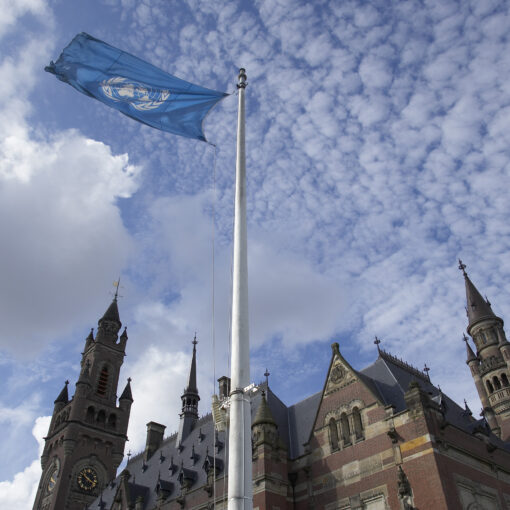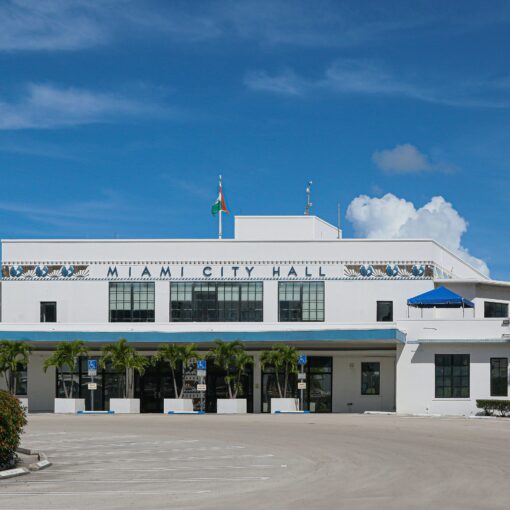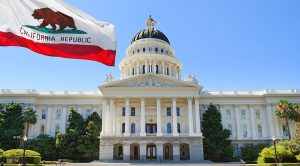
An increasing number of U.S. cities are seeking to limit the flow of vehicular traffic in designated areas as a means to reduce greenhouse gas and other emissions from cars and trucks and to help achieve their municipal climate goals. The creation of these “low traffic zones,” or LTZs, can take a number of different forms, including, most prominently, (1) bans on one or more categories of vehicles and (2) fees or tolls that may be charged to all vehicles equally or made applicable only to certain classes of vehicles. These two policy approaches – bans and fees – are often written about separately but they are merely two traffic demand management tools that can be employed to create LTZs.
A new paper by Sabin Center senior fellow Amy E. Turner, forthcoming in the Environmental Law Reporter in April 2020, defines LTZs as bounded, geographic areas in which reductions in vehicular traffic are achieved or attempted through legal and policy approaches and surveys the U.S. law questions that arise in connection with the creation of LTZs. The U.S. has a complex patchwork of federal, state and local laws, and LTZ policies that have found success abroad will need tailoring to comport with U.S. laws. This new paper provides a comprehensive overview of the state of play and offers a range of approaches for lawyers and policy-makers to reach answers appropriate to their own local contexts.
Key legal considerations in crafting LTZ policy include:
- The potential for preemption by federal laws such as the U.S. Clean Air Act, the U.S. Energy Policy & Conservation Act and the U.S. Federal Aviation Administration Authorization Act. Clean Air Act § 209(a) preempts state and local laws setting a “standard relating to the control of emissions from new motor vehicles or new motor vehicle engines,” and EPCA § 32919(a) preempts state and local “fuel economy standards or average fuel economy standards for automobiles covered by an average fuel economy standard” thereunder. Reference to low emissions automobile technologies, such as hybrid or electric vehicles, may be considered proxies for fuel economy standards. To the extent LTZ policies reference emissions or fuel economy standards, or distinguish between vehicle technologies, framing these policy aspects as incentives rather than mandates can help limit risk of federal preemption. Moreover, the Federal Aviation Administration Authorization Act preempts “state [or local] law, regulation, or other provision having the force or effect of law related to a price, route, or service of any motor carrier… with respect to the transportation of property.” However, the FAAA does “not restrict [state and local] limitations based on the size or weight of the motor vehicle or the hazardous nature of the cargo,” giving states and local governments some authority to set truck routes, tolls and other traffic restrictions based on weight. Municipalities may also generally rely on market participant exceptions to these statutes.
- U.S. Constitutional provisions such as the dormant Commerce Clause, the right to travel and the right to equal protection. Laws or policies that are discriminatory or that favor drivers from one state over another, will invite dormant Commerce Clause scrutiny, though cities retain some authority to enact laws aimed at improving safety or reducing congestion, even if they have some impact on interstate commerce. As under the federal statutes, municipalities may generally rely on a market participant exception to the dormant Commerce Clause. LTZ policy-makers should also consider any disparate impacts tolls and road closures may have on residents of different states, though impacts need not be identical to avoid violating the Constitutional right to travel or right to equal protection.
- State laws enabling or restricting a municipality’s right to enact LTZ policies, and federal and state law authority to set and collect tolls. State enabling laws vary and may require municipalities to work with the state-level government in enacting a congestion pricing regime or LTZ. The U.S. Federal Highway Administration can be particularly helpful to state and local governments in studying or enacting congestion pricing. Close attention should also be paid to the allowable uses of tolling revenues, which vary from state to state.
- The protection of user and data privacy. LTZ programs that use enforcement cameras or that collect license plate and/or credit card data will need to be calibrated to comply with applicable privacy laws. Moreover, data collection policies may give rise to litigation even where they are crafted to comport with legal requirements.
- The potential for other litigation challenges, including pursuant to state environmental review statutes and other state and local laws. Opponents of any new LTZ policy may find grounds to object through litigation by alleging an improper taking, an insufficient environmental review or another claim. Litigation can be costly, even where the municipality is found to have complied with applicable laws in developing its LTZ policy.
These legal considerations are explored more fully in the paper. Read the executive summary and full paper here.




